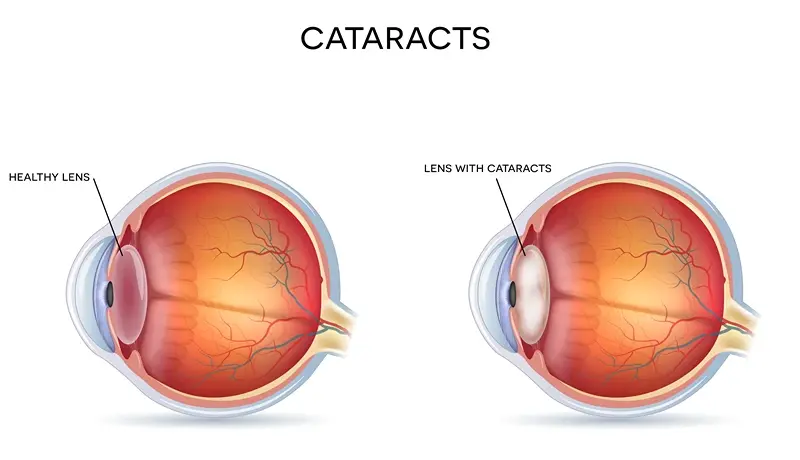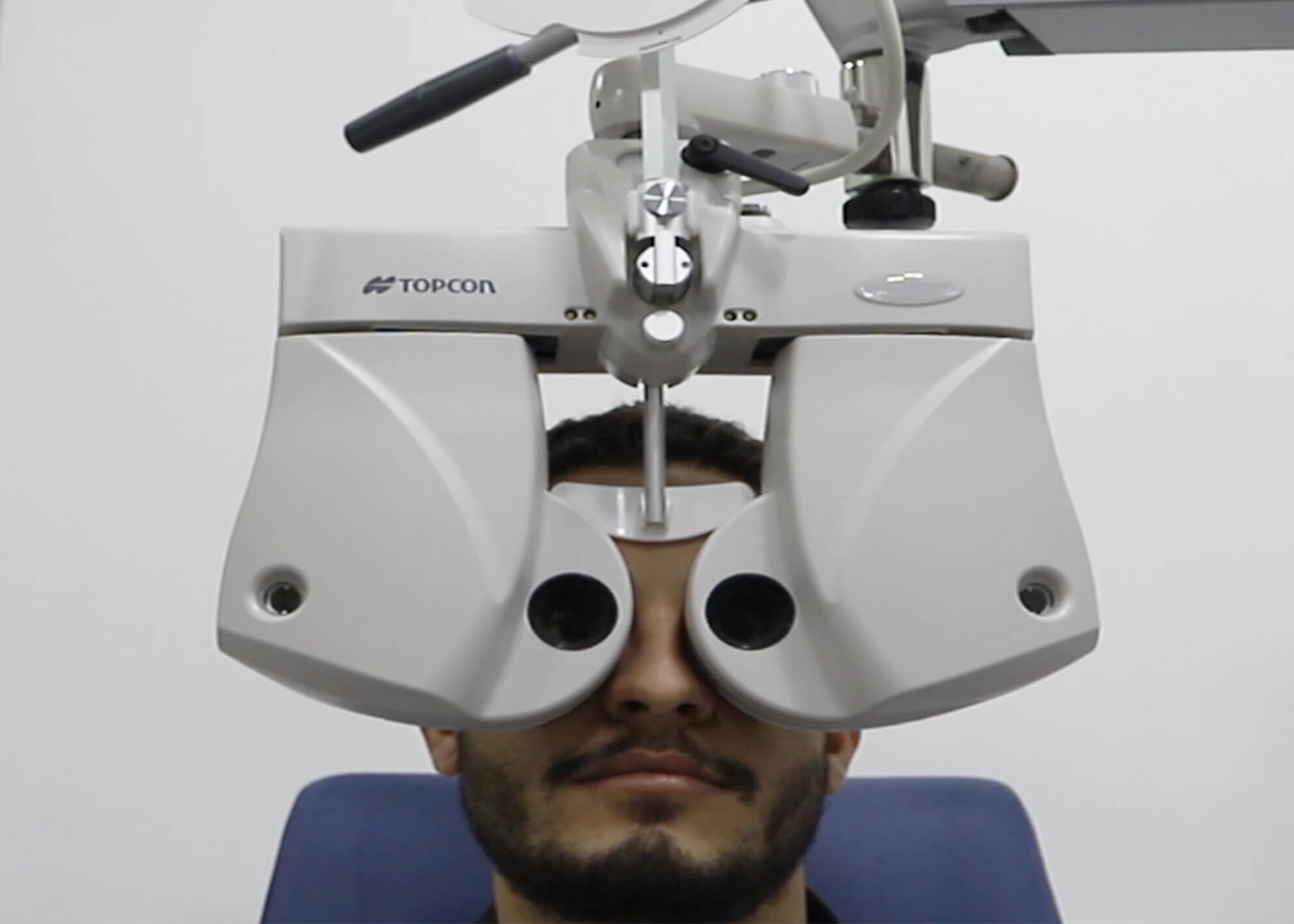Cataract Surgery in Patients with Co-existing Eye Conditions at Eye Clinic DRHC Dubai
Cataract surgery is one of the most common and effective procedures to restore vision impaired by clouded lenses. However, when patients have co-existing eye conditions, specialized surgical techniques and careful pre- and postoperative management are essential to ensure success. At DRHC Dubai, we have extensive experience in performing cataract surgery for patients with various eye health challenges, providing comprehensive and personalized care for each individual.
Understanding Co-existing Eye Conditions and Their Impact on Cataract Surgery
- Glaucoma: Patients with glaucoma often have increased intraocular pressure, which must be carefully managed during cataract surgery. For these patients, a combined approach may be necessary to address both the cataract and glaucoma. Procedures such as trabeculectomy or the insertion of a drainage stent may be done concurrently to help control intraocular pressure and prevent further damage to the optic nerve.
- Age-related Macular Degeneration (AMD): Cataract surgery in patients with AMD can lead to clearer vision, but the results may be limited by the existing macular damage. Preoperative retinal scans, such as OCT, allow surgeons at DRHC to assess the extent of the disease and set realistic expectations. In cases of severe AMD, advanced intraocular lenses (IOLs) may be recommended to enhance vision in specific lighting conditions.
- Diabetic Retinopathy: Diabetes can cause damage to the blood vessels in the retina, leading to conditions like diabetic retinopathy. When performing cataract surgery in diabetic patients, it is crucial to control blood sugar levels and monitor retinal health. In some cases, retinal laser treatments may be performed before or after cataract surgery to prevent worsening of diabetic eye disease.
- Corneal Dystrophies and Keratoconus: Conditions affecting the cornea, such as Fuchs’ dystrophy or keratoconus, can influence the outcome of cataract surgery. In such cases, specialized IOLs or combined corneal and cataract procedures may be needed. Our team may also recommend Descemet's Stripping Endothelial Keratoplasty (DSEK) or other corneal transplant techniques to address corneal issues simultaneously.
- Uveitis: Uveitis, or inflammation inside the eye, increases the risk of complications during cataract surgery. Patients with uveitis may experience postoperative inflammation, and careful control of the condition before surgery is critical. At DRHC Dubai, we take extra precautions to stabilize inflammation before surgery and provide aggressive postoperative management to reduce the risk of flare-ups.
- Previous Refractive Surgery: Patients who have undergone prior procedures such as LASIK or PRK may require more customized lens selection and surgical planning. Special IOLs designed to accommodate the altered corneal shape are typically recommended to ensure optimal vision correction.
Advanced Diagnostic Tools and Techniques at DRHC Dubai
At DRHC Dubai, we utilize state-of-the-art technology to evaluate your eyes before surgery. Tools like OCT, fundus photography, and ultrasound biomicroscopy allow us to gather detailed information about your eye health, ensuring that we can customize your cataract surgery to your specific needs.
- OCT Scans: OCT allows for detailed imaging of the retina, optic nerve, and macula, which helps in detecting subtle changes in patients with glaucoma, AMD, or diabetic retinopathy.
- IOL Calculation: For patients with complex conditions or previous surgeries, advanced methods are used to calculate the most appropriate type of IOL. We offer multifocal, toric, and accommodating IOLs to cater to each patient’s visual demands.
Post-Cataract Surgery Management
Recovery from cataract surgery in patients with co-existing eye conditions often requires more intensive follow-up. Depending on the condition, treatments like steroid eye drops or anti-VEGF injections for macular diseases may be needed to ensure stable vision recovery. Our team will schedule regular check-ups to monitor your healing and manage any complications promptly.
- Managing Glaucoma: For glaucoma patients, intraocular pressure will be closely monitored post-surgery to ensure it remains controlled. Additional medications or laser treatments may be necessary to maintain optimal eye health.
- Diabetic Care: Diabetic patients will have their retinas monitored for signs of swelling (macular edema) or new blood vessel growth, which may require further intervention.
Why Choose DRHC Dubai?
- Comprehensive Care: At DRHC Dubai, we provide a holistic approach to cataract surgery, addressing both the cataract and any co-existing eye conditions. Our multidisciplinary team ensures that each patient receives the highest level of care throughout their treatment journey.
- Expertise in Complex Cases: With a wealth of experience in treating patients with multiple ocular conditions, our surgeons are skilled in handling even the most complex cases, ensuring the best possible outcomes.
.png?width=281&height=59&name=bookanappointment%20(1).png)
At Dr. Rami Hamed Center, our Ophthalmology department is dedicated to safeguarding your vision health through expert eye care Professionals, Renowned as one of the best eye care clinics in Dubai our Ophthalmology Specialists provide services for Cataract and retina treatment with Laser and Refractive surgeries.




.png?width=281&height=59&name=bookanappointment%20(1).png)






